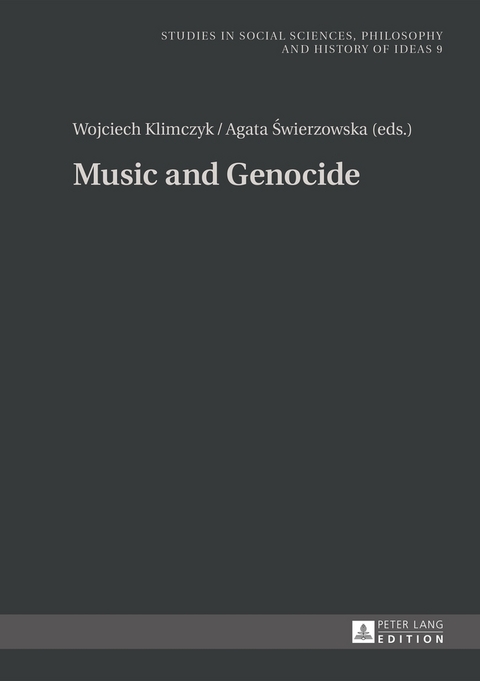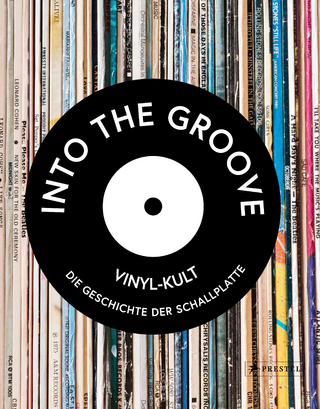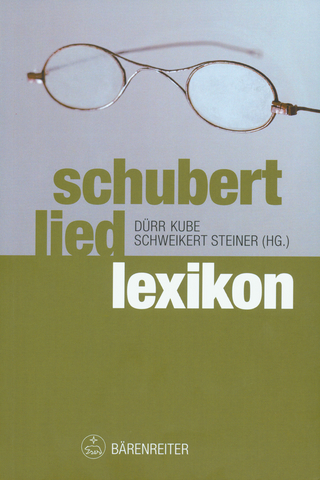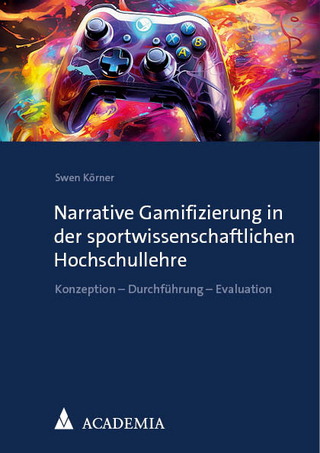
Music and Genocide
Peter Lang Gmbh, Internationaler Verlag Der Wissenschaften
978-3-631-66003-4 (ISBN)
At first glance, no two experiences could be further apart than genocide and music. Yet real, live culture usually goes beyond rational divisions. It is now fairly commonly known that art is not absent from the sites of mass killings. Both victims and prosecutors engage in artistic activities in prisons and camps, as well as at other places where genocides take place. What is the music of genocide? Can the experience of ultimate terror be expressed in music? How does music reflect on genocide? How do we perceive music after genocide? What is music and what is silence in a world marked by mass killings? Is post-genocidal silence really possible or appropriate? The goal of the volume is to reveal and, maybe even to some extent, resolve the most profound dilemma that was expressed by Theodor W. Adorno when he asked "whether it is even permissible for someone who accidentally escaped and by all rights ought to have been murdered, to go on living after Auschwitz." It is not for the sake of pure curiosity that the relation between music and genocide is examined. In a sense we are all survivors who accidentally escaped genocide. It might have happened to us. It may still happen.
Wojciech Klimczyk (PhD) and Agata Świerzowska (PhD) are university lecturers at the Centre for Comparative Studies of Civilisations (CCSC) at the Jagiellonian University in Krakow (Poland). Since its foundation in 1996, the Centre for Comparative Studies of Civilizations (CCSC) has forged a distinct identity and earned a solid reputation as an interdisciplinary research and academic department unparalleled in Central Europe.
Contents: M. J. Grant/Mareike Jacobs/Rebecca Möllemann/Simone Christine Münz/Cornelia Nuxoll: Music, the «Third Reich», and «The 8 Stages of Genocide» - Arman Goharinasab/Azadeh Latifkar Geok Tepe Mugam: A Musical Narrative of Turkmen Massacre in 1881 - Katarzyna Naliwajek- Mazurek: The Functions of Music within the Nazi System of Genocide in Occupied Poland - Joanna Posluszna/Lukasz Posluszny: The Aural Landscape of Majdanek - Kirsten Dyck: White-Power Music and the Memory of the Holocaust - Leszek Sosnowski: The Holocaust - the Code of Death without the Alphabet of Life - Ralph Buchenhorst: «...as if the shame before the victims would be offended» - Adorno's Verdict on Arnold Schoenberg's A Survivor from Warsaw - Matt Lawson: Towards a Critical Understanding of Representational and Semantic Issues within Hanns Eisler's Score for Nuit et Brouillard (1955) - Joanna Posluszna: «We remember»: The Trauma of the Holocaust in Krzysztof Penderecki's Work - Wojciech Klimczyk: Impossible Music? On Genocide as Silence (Rwanda, Auschwitz and Beyond) - Lawrence Kramer: Afterword: Genocide, Music, and the Name.
| Erscheint lt. Verlag | 27.3.2015 |
|---|---|
| Reihe/Serie | Studies in Social Sciences, Philosophy and History of Ideas ; 9 |
| Verlagsort | Frankfurt a.M. |
| Sprache | englisch |
| Maße | 148 x 210 mm |
| Gewicht | 420 g |
| Themenwelt | Kunst / Musik / Theater ► Musik ► Allgemeines / Lexika |
| Kunst / Musik / Theater ► Musik ► Musiktheorie / Musiklehre | |
| Kunst / Musik / Theater ► Musik ► Pop / Rock | |
| Geisteswissenschaften ► Geschichte ► Allgemeines / Lexika | |
| Schlagworte | Agata • andrzej • Genocide • Genozid • Holocaust • Klimczyk • music • Rassismus • Rychard • Swierzowska • Świerzowska • Trauma • Wojciech |
| ISBN-10 | 3-631-66003-0 / 3631660030 |
| ISBN-13 | 978-3-631-66003-4 / 9783631660034 |
| Zustand | Neuware |
| Haben Sie eine Frage zum Produkt? |
aus dem Bereich


